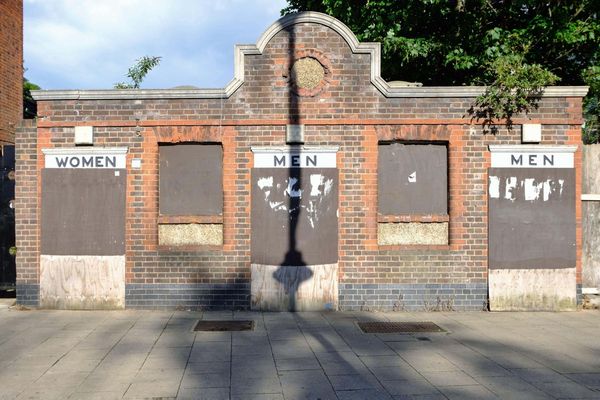The banned drinkers register (BDR) in regional Western Australia will be overhauled by the state government, after new figures revealed fewer than 200 people are on the list.
Racing and Gaming Minister Tony Buti, speaking in Karratha today, announced the government would introduce legislation to reform the BDR, which bans problem drinkers from buying takeaway alcohol in the Pilbara, Kimberley and Goldfields regions.
The liquor store industry has welcomed the move, but an alcohol service in WA's north says the government's focus on punitive restrictions would not reduce excessive drinking in remote corners of the state.
The two-year trial program started in the Pilbara in late 2020 before being expanded to the Kimberley and Goldfields, in an effort to reduce alcohol-fuelled violence and crime in the regions.
However, a review led by the University of Western Australia (UWA) on behalf of the government revealed just 29 people were on the BDR in the Goldfields, with 85 in the Kimberley and 60 in the Pilbara.
The regions are home to a combined population of more than 100,000 people.
Mr Buti said the proposed reforms would start in July 2023, extending the trial for another two years as well as implementing recommendations from the UWA review.
Recommendations included mandatory use of the BDR for all bottle shops in the regions, expanded options for police and the courts to put someone on the register and cracking down on people who supply alcohol to individuals on the BDR.
"I wouldn't say it's been unsuccessful because there are people on the register, we've got to look at how we can improve that," Mr Buti said.
"We want feedback on that and we believe that we'll be able to come up with a regime that will improve the efficiency of the BDR."
The Department of Local Government, Sport and Cultural Industries will also consult on adding more areas to the BDR trial.
Authorities would have the power to put someone on the register as part of bail or parole conditions, and police could place someone on the list for alcohol-related offending, such as drink driving, which occurred outside a licenced premises.
Drug and alcohol clinic sceptical
Andrew Amor leads the Broome-based drug and alcohol clinic Miliya Rumurra.
Mr Amor said he was still learning about the proposed changes, but believed the initial details were unlikely to have much of an impact on reducing alcohol-related harm.
"I can understand why there's a need to review the program and look at ways of strengthening it," he said.
"But I think what's been proposed may not make a whole lot of difference."
Mr Amor said efforts to reduce alcohol-related harm should be focused on prevention instead of punishment.
"We really need to be looking at some of the underlying causes of excessive drinking and domestic violence and other violence," he said.
"That's where we should be putting resources, so we don't get to the stage where people need to go onto the BDR."
WA Liquor Stores Association chief executive Peter Peck welcomed the move and said it would ensure the trial would become a "game changer".
"We've had the initial trial, now the evaluation report is out we can focus on areas where we need to improve the BDR," he said.
"These proposals will give the BDR more teeth, I am confident of that."
Government awaits prohibition decision
The trial continues as the state's director of liquor licensing, Lanie Chopping, conducts an independent inquiry into how the state should address alcohol-related harm, including whether all takeaway drinks, except light beer, should be banned in the Kimberley and Pilbara.
The BDR is the preferred policy of both the government and industry, but Mr Buti would not be drawn on whether a total ban would disrupt the government's plans.
"Our BDR is not linked to any wider prohibition, the premier and the government has made our position clear," he said.
"But of course the director of liquor licensing is an independent regulator and we'll have to await their decision."







